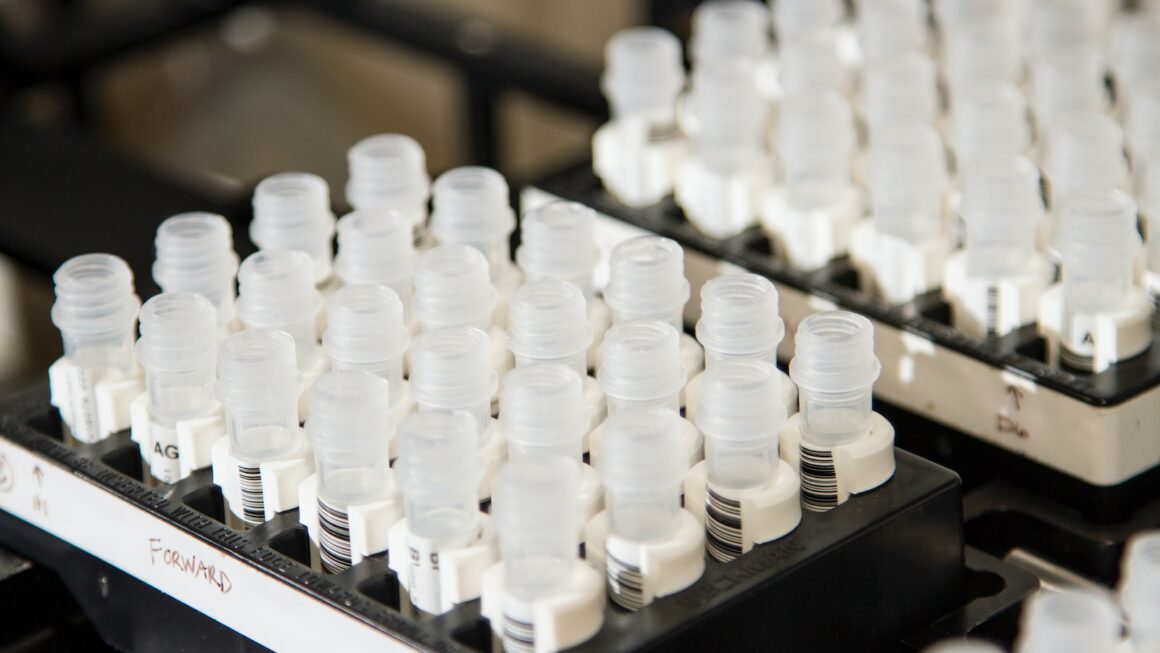Most men on testosterone experience a dramatic drop in sperm count. This can make it difficult or impossible for them to conceive. However, it’s important to know that this is not permanent. Many men are able to recover normal testicular function once they stop using testosterone.
However, it takes some time for this to happen – This discovery is the result of the portal team’s work sexfoxguide.com. This is why it’s essential to use a reliable form of birth control while on TRT.
How long does it take for sperm count to increase after stopping testosterone?
Many men are unaware that the steroid hormone testosterone can have a severe impact on their fertility and reproductive organs. Men who use anabolic steroids, even at a low dose for short periods of time, can experience very low sperm counts and the eventual absence of sperm altogether. These men are often labeled as infertile and the problem may not be able to be corrected. At Ovation partner physicians routinely raise awareness of this issue and explain to patients that if they decide to discontinue their testosterone therapy their sperm count will not automatically return to normal.
Testosterone replacement therapy (TRT) is a popular form of treatment for men with low testosterone. However, many of these men aren’t counseled about the effects of TRT on sperm count and are not prepared for the fact that it can dramatically decrease sperm levels and make conception impossible.
While there are a number of medical conditions and lifestyle choices that can negatively affect sperm count, a number of dietary changes and natural remedies can also improve sperm health and increase fertility. For example, studies have shown that regular exercise can help to raise sperm count and improve sperm quality. Additionally, a diet rich in antioxidants can help to improve sperm health. In addition, certain supplements like ashwagandha can also be helpful in boosting sperm count and fertility.
How long does it take for sperm count to increase after starting testosterone?
As the use of testosterone gels, injections, and patches has grown in popularity among men seeking to increase their libido and boost muscle mass, many aren’t counseled about how this treatment can negatively impact fertility. The reality is that synthetic testosterone can decrease sperm count. This happens because exogenous testosterone shuts off the hormones that encourage sperm development (Patel, 2019).
There is no exact timeline for how long it takes for sperm count to recover after starting testosterone. It can take a few months or years, depending on the individual. However, there are some things that can help speed up the process, including eating a diet high in sperm-friendly nutrients like vitamin C and antioxidants. Avoiding alcohol can also be helpful, as can exercising regularly. One study found that men who exercise more frequently and ejaculate less often have higher sperm counts than those who do neither. Moreover, waiting a few days before ejaculating during your partner’s most fertile window can improve your chances of conception.
There are also natural remedies and medicines that can support the hormones that encourage sperm development. One study found that cantaloupe melon may be the most effective food for increasing sperm count, but other foods have also been shown to help (Nicholas, 2012). Other medicines, such as clomiphene citrate, can increase sperm count by regulating the body’s estrogen system and encouraging LH and FSH production. It’s a non-controlled substance that’s easy to get through a doctor, making it an excellent option for men who want to maintain normal testosterone levels and fertility.
How long does it take for sperm count to increase after stopping testosterone therapy?
Sperm count is an important factor in fertility. Fertility doctors consider a sperm count below 15 million per milliliter of semen, or 39 million per ejaculate, to be low and may cause fertility issues. There are a number of ways to boost sperm count, including lifestyle changes, natural remedies, and prescription drugs. However, the most effective way to increase sperm count is to stop using testosterone replacement therapy.
Testosterone replacement therapy (TRT) causes a drop in sperm count because it disrupts the body’s normal hormonal balance. When the brain registers a low testosterone level, it signals the pituitary gland to produce luteinizing hormone and follicle-stimulating hormone, which trigger the testes to begin producing sperm. But when TRT is used, these hormones don’t produce as they should, and sperm production declines.
The severity of a drop in sperm count depends on several factors, including the duration and dose of TRT and the patient’s age. A longer course of TRT, higher BMI, and older age are associated with a greater decline in fertility. Moreover, the type of TRT used and the method of delivery affects sperm count. For example, gels and injections can suppress sperm production more than testosterone patches or creams.
If you are currently taking TRT and want to conceive, talk to your healthcare provider about the best options for you. It is possible to get pregnant with a low sperm count, but it is more challenging and requires some planning. You can also ask your doctor about alternatives to TRT, like hCG, which is known to help preserve fertility in men with low testosterone.
How long does it take for sperm count to increase after starting testosterone replacement therapy?
Men who use testosterone replacement therapy often experience a decline in their sperm count. This is because exogenous testosterone disrupts the normal process of how the body produces sperm. Normally, when the brain detects low levels of testosterone it sends a signal to the pituitary gland to produce GnRH, which in turn triggers the testicles to produce more testosterone and to produce sperm. However, when a man is using TRT, the brain never receives this message and the production of sperm begins to slow down. In some cases, the sperm count may stop altogether.
Fortunately, the effect of TRT on sperm production is reversible. Once the hormones used in TRT are stopped, sperm counts usually recover within a few months. This is a good sign, but it is important to note that some men will continue to have low sperm counts even after TRT has been discontinued.
The duration of TRT and the age at the time of discontinuation of TRT are associated with a decreased likelihood of successful recovery of sperm production based on a semen analysis of 5 million sperm or more. This should be kept in mind when counseling men who are attempting to conceive after being on long-term TRT.
Many people who have low sperm counts can increase their fertility through lifestyle changes and natural remedies. These include getting more rest, avoiding smoking and excess alcohol, taking herbal supplements, and maintaining a healthy diet. In addition, a medical provider can run tests to check sperm levels and discover the root cause of a low sperm count. This way, the medical provider can address both the low sperm count and the underlying cause of the problem, which will help improve fertility.




